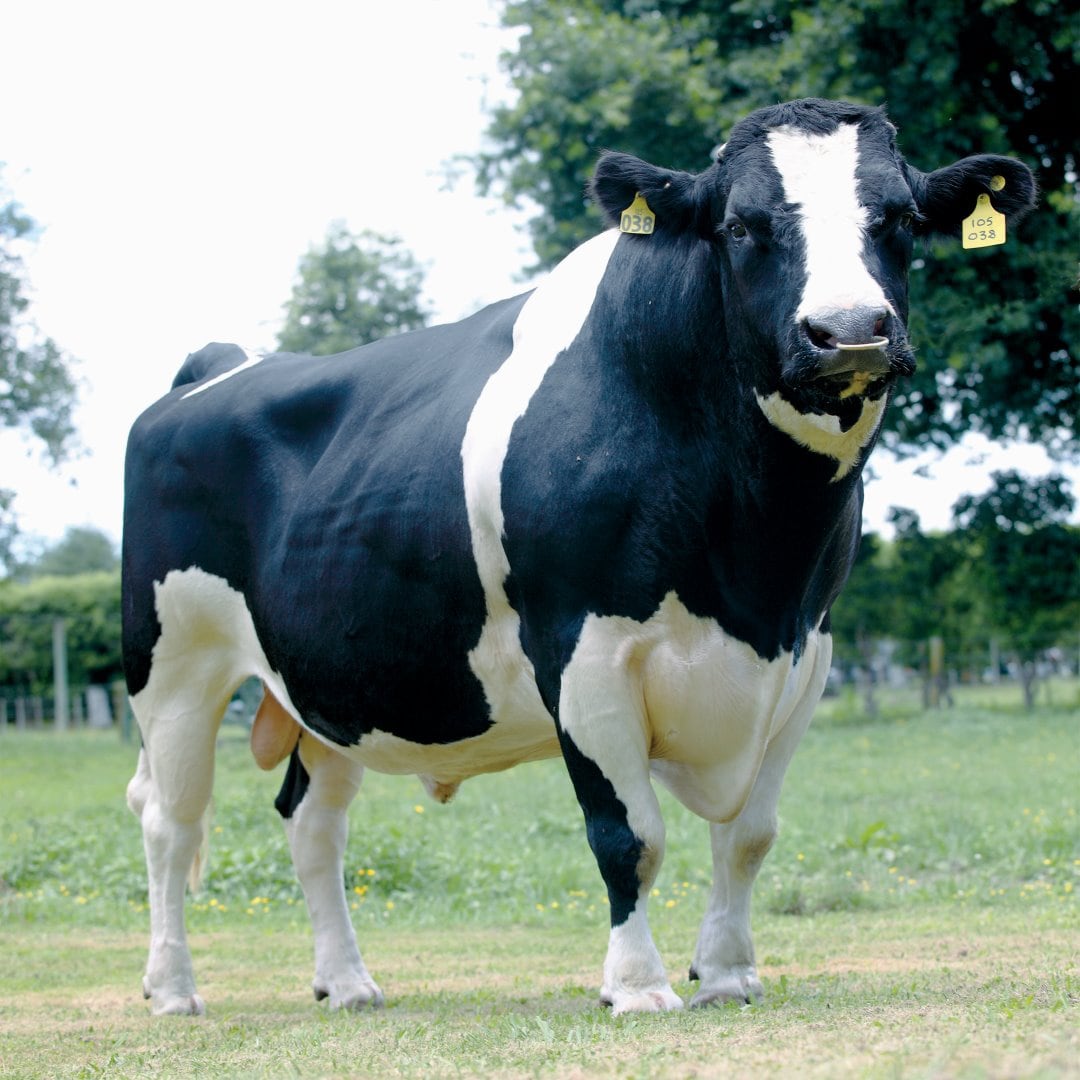
Bamboo planted about 15 years ago in the wetlands of Nyabugogo, Nyabarongo and Akanyaru has now fully matured, with some clumps producing over 200 new shoots each. Rwanda Forestry Authority (RFA) says an investor has already shown interest in using the bamboo to produce furniture and construction materials.
Satellite imagery from Google Earth shows that the bamboo stretches for more than 30 kilometers along the Nyabugogo River and over 50 kilometers along Nyabarongo, with some patches also covering nearby valley zones.
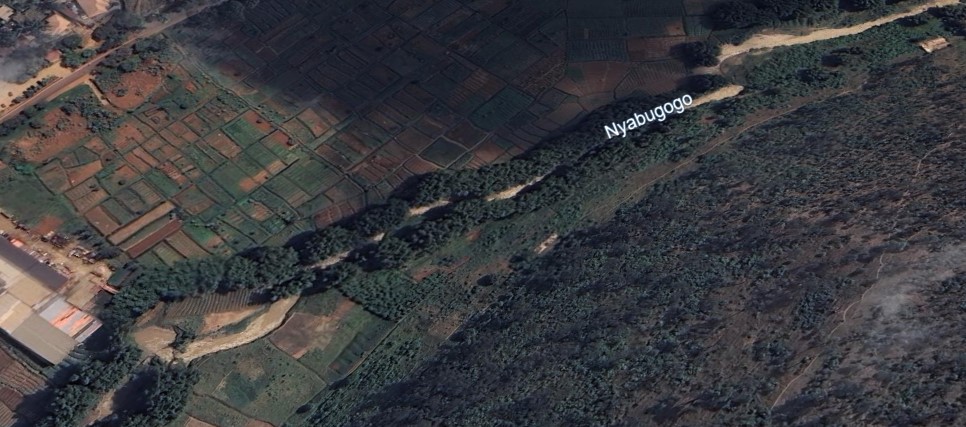
RFA Director General, Dr. Concorde Nsengumuremyi, explained that bamboo planting was not only aimed at preventing soil erosion along riverbanks, but also at creating opportunities for economic use.
“Bamboo is not just for protecting riverbanks from erosion,” Dr. Nsengumuremyi said. “It can be used in construction and crafts — for making items like chairs, tables, paving blocks, and other household materials. We are now preparing to start harvesting and processing it sustainably, meaning it will be cut and regenerated rather than destroyed. Within five years, bamboo reaches maturity and can be used to make a variety of products.”
He added that the RFA is also planning to introduce new bamboo varieties that can be consumed as food, following examples from countries like China.
“We have Chinese partners here in Rwanda,” he noted. “By 2026-2027, we expect to start trials on edible bamboo species. We don’t want to delay this or consider it impossible, since we already have both the expertise and the potential source plants.”
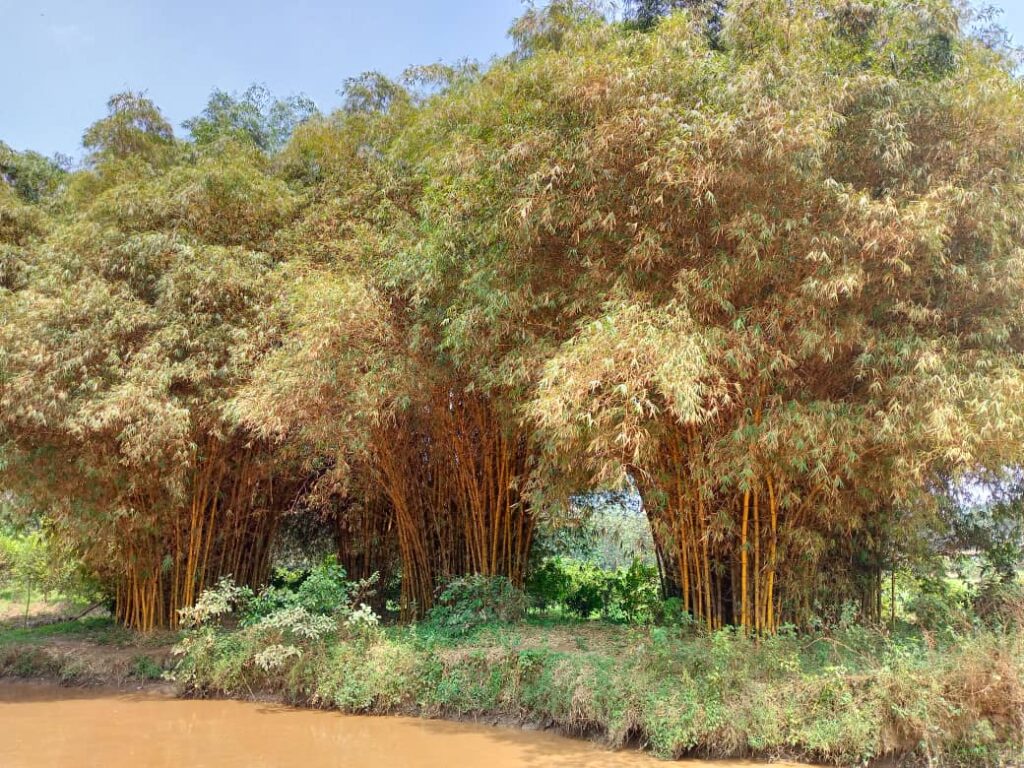
Debate over replacing bamboo with fruit trees
Earlier this month, Prime Minister, Dr. Justin Nsengiyumva, addressed Parliament on plans to promote citizens’ welfare. During the session, MP Christine Mukabunani suggested that bamboo growing along riverbanks should be replaced with fruit trees, saying planters had initially believed the bamboo would be edible.
In response, the Prime Minister said that during the national tree planting season in October 2025, households across the country will be encouraged to plant at least three fruit trees each, as part of efforts to combat malnutrition.
However, RFA’s Dr. Nsengumuremyi argued that bamboo should not be replaced along riverbanks, stressing its proven role in protecting rivers from erosion — a function fruit trees cannot perform effectively.
Bamboo can be eaten and drunk
Mico Oscar Nzeyimana, founder of Mon Bamboo in Rubavu District, said in a 2021 interview that bamboo can be processed into wine and food products such as salads, fries, pasta, and even bamboo-based meat substitutes.
Besides food processing, Nzeyimana also produces bamboo furniture such as tables and chairs, though he says demand far exceeds his production capacity.
“Some chairs I make from bamboo sell for over Rwf 100,000, and I can sell out everything I’ve made in a single day,” he said.
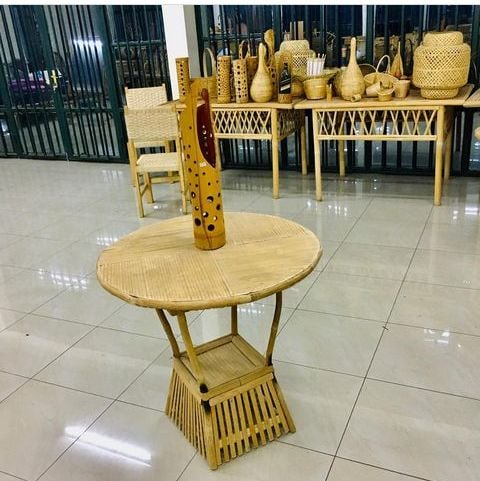
Bamboo for clean cooking
Investors from OAK Investment, a company based in Mageragere, Nyarugenge District, are also using bamboo to make eco-friendly briquettes — clean fuel that produces little or no smoke.
Illuminée Nyirambarushimana, a cook at OAK Investment, said a single briquette costing Rwf 125 is enough to cook beans, rice, and boil tea or bathing water — while the same task using charcoal would cost at least Rwf 600.
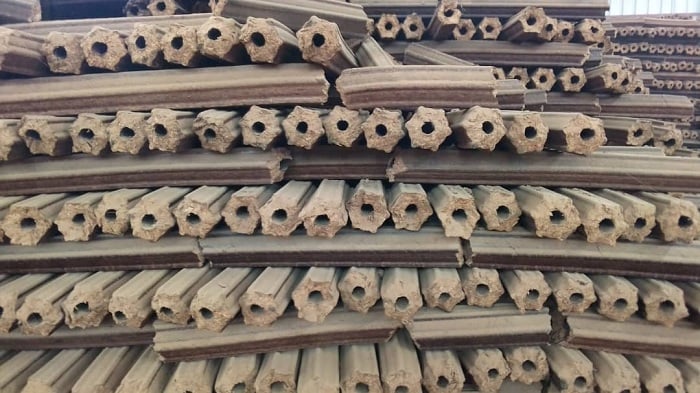
Germain Hirwa, Operations Manager at OAK Investment, told reporters the company plans to partner with authorities to encourage bamboo cultivation as a sustainable source for briquette production.
“We’ve tested bamboo and confirmed it works well for briquettes — even in China it’s being used that way,” Hirwa said. “Our next step is to work with the government to raise public awareness. Bamboo could become a valuable cash crop, as farmers would grow it knowing OAK Investment will buy it.”
He added that OAK plans to request government-managed forests — both wood and bamboo — to ensure sustainable production and utilisation.
RFA’s Director General confirmed that while OAK is not yet among the investors who have formally approached them, the agency remains open to collaborating with all interested parties.









